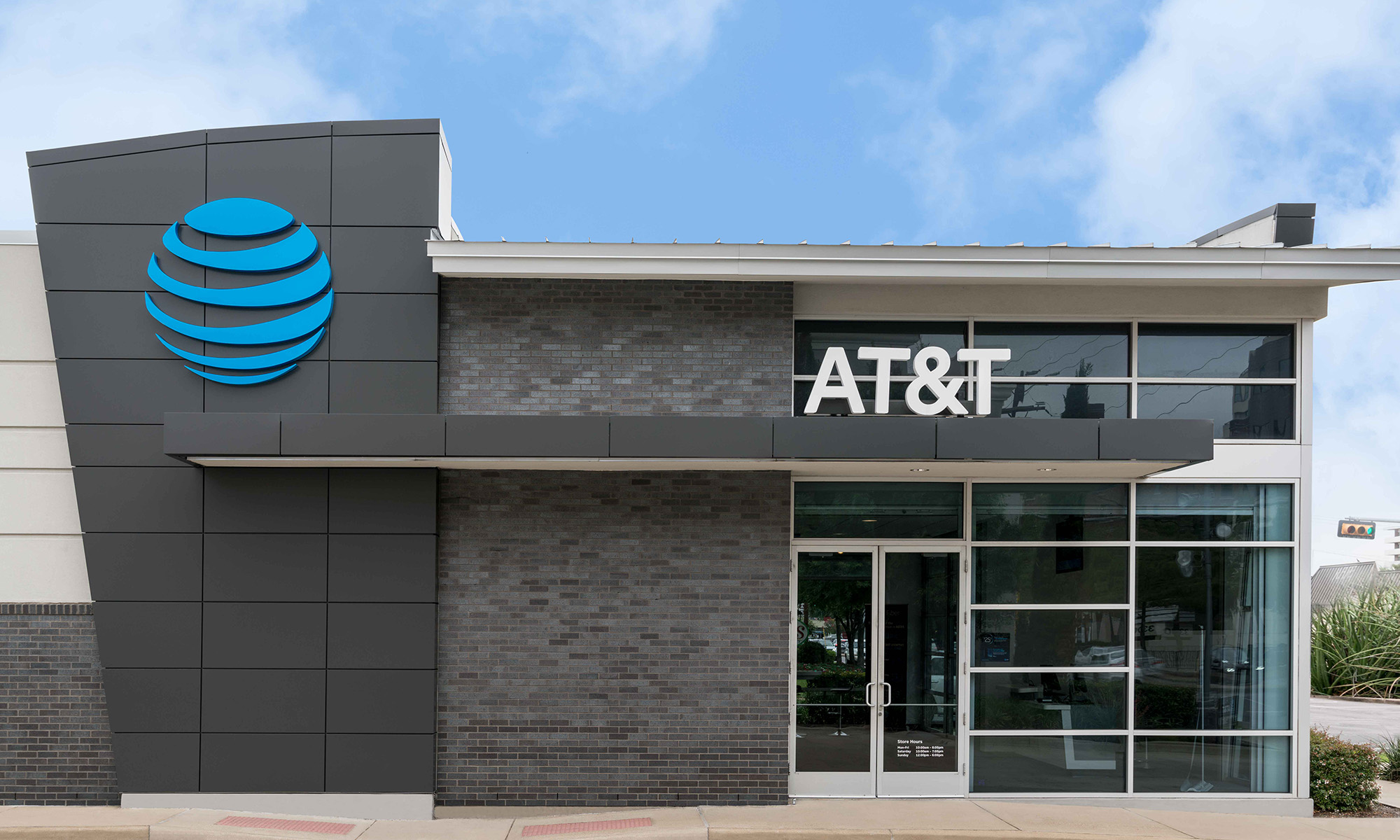Just days after AT&T (T +0.34%) announced its intention to acquire smaller carrier Leap Wireless in a spectrum play, Ma Bell has announced a new upgrade plan not unlike T-Mobile's (TMUS 1.18%) new Jump program. Called "AT&T Next," the carrier will allow customers to upgrade their devices every year with no down payments, fees, or service contracts.
There will be monthly installments that range from $15 to $50 depending on the device. For example, AT&T says a Samsung Galaxy S4 requires monthly payments of $32. The plans pay off the devices in full after 20 months, but AT&T will let you upgrade after 12 months.
There are some notable differences from T-Mobile's Jump, but the underlying goal is to facilitate more frequent upgrades for smartphone users.
AT&T Next is undercutting T-Mobile Jump's upfront cost by requiring no down payment, but that results in higher monthly payments over a fewer number of months (T-Mobile's plans are for 24 months). There's also no monthly fee to participate in the program like with Jump, but most of that fee is going toward the handset insurance that T-Mobile is bundling in. After the first six months, T-Mobile offers two upgrades per year as opposed to the one that AT&T is promising.
Customers that trade in a 1-year-old Galaxy S4 have already paid $384, which is 60% of the full retail price of $640 for that device. After trading in, remaining payments are waived but AT&T is hoping that it can resell the device for more than that balance. On average, smartphones lose about half of their value after the first year, so AT&T is essentially paying 40% of the full retail price and may end up getting close to 50% back. That's mostly where T-Mobile gets you, too.
Verizon (VZ +0.20%) Wireless is also about to get into the frequent upgrader club, with leaked internal documents showing a new "VZ Edge" program coming. Big Red will let customers upgrade after 50% of the device is paid for. VZ Edge will also forego upgrade fees and service contracts and offer lower upfront costs. The docs hint that the program's launch is coming at the end of August.
The real question for AT&T and Verizon will be whether or not these new upgrade programs affect service costs. The two largest domestic carriers have fully embraced the subsidy model for over a decade, which translates into higher service costs that implicitly include recovering the cost of the handset discount. T-Mobile's Un-carrier approach is to unbundle these components for the sake of transparency, so customers know exactly what they're paying for.
With AT&T and Verizon following suit, they should also subsequently lower stand-alone service costs since they won't be paying as much in subsidies. If they don't, T-Mobile will have a distinct pricing advantage after everything is included.







